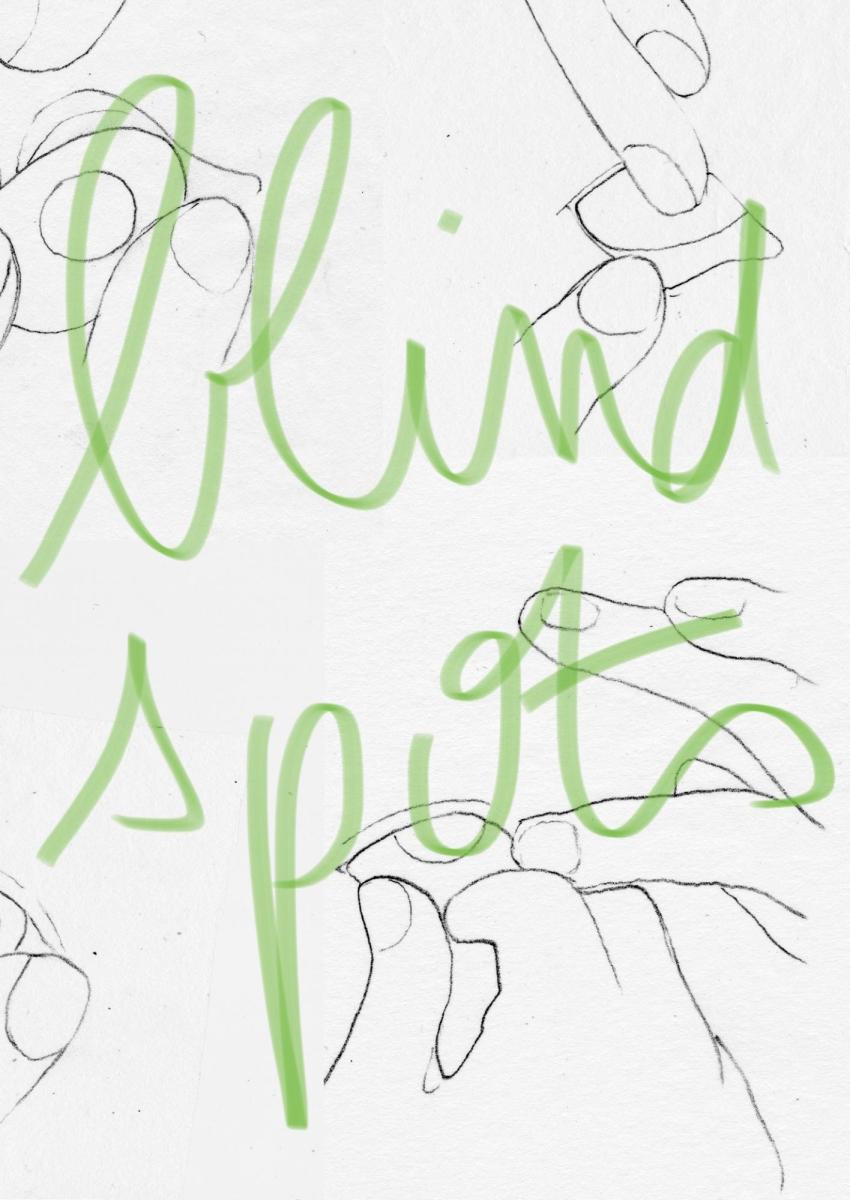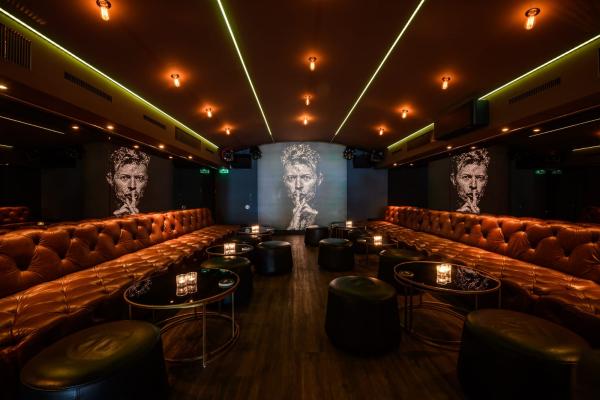After-Work-Drinks, Cocktails, Longdrinks, Highballs & Co. in a relaxed yet elegant atmosphere.
Blind Spots: Dominique Hurth & Julie Sas
Blind Spots: Dominique Hurth & Julie Sas
Restricted visit conditions: 2 pers. at a time, with face mask and outside 1,5m distance rule
In these challenging times, we are aware that you might have better to do in your engagements, in the streets. We acknowledge the necessity to stand up against racial injustice, police violence and against racism, and stay in solidarity and support.
____________________________
The exhibition "Blind Spots" is based on a collective research of the two artists Dominique Hurth and Julie Sas on the "blind spot", apprehended through both phenomenal and literary understandings.
In physiological terms, the blind spot is a small area of the retina devoid of photoreceptors, which implies an obscuration of the visual field. If the spectrum of vision is defined by the ratio between acuity and eccentricity, the more the subject moves towards eccentricity, the less visibility it gets and therefore less identification is made possible. The blind spot, close to the optical axis, presents null vision.
The brain ignores the spot as the neuronal activity compensates this localized obscuration - by use of interpolation, completion with information given by the surroundings and the other eye - and automatically recomposes the missing scene in the visual field. This mechanism of perceptual filling-in exactly avoids any consciousness of this lack of vision and produces a convenient simulacra.
The anatomy of the exhibition is precisely based on a succession of plans arranged within the spectrum of vision, taking in consideration its holes and simulations, and the various possible readings.
Conceptually and metaphorically conceived, the blind spot serves as a starting point for a reflection on contemporary social and political issues, particularly when these relate to questions of representation and problems of identification. The project of Julie Sas and Dominique Hurth intends to question these concepts but also the relationship to language and narrative constructions, that have the capacity to affect representations, to alter the coordinates of meaning and political significance.
Reading - discussion w/ Cia Rinne & Susanne Kriemann
June 28 – from 11.30am
By registration at bonjour@display-berlin.com













